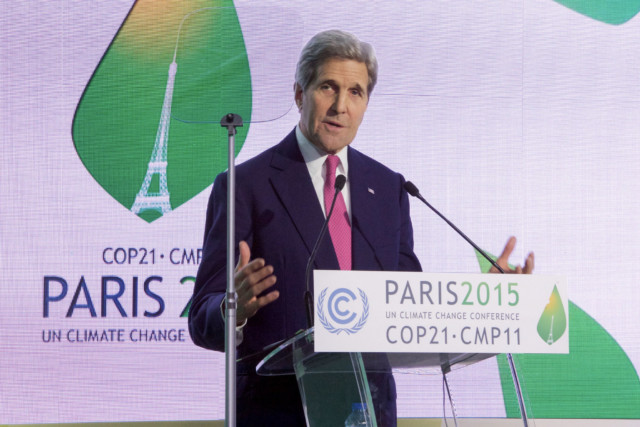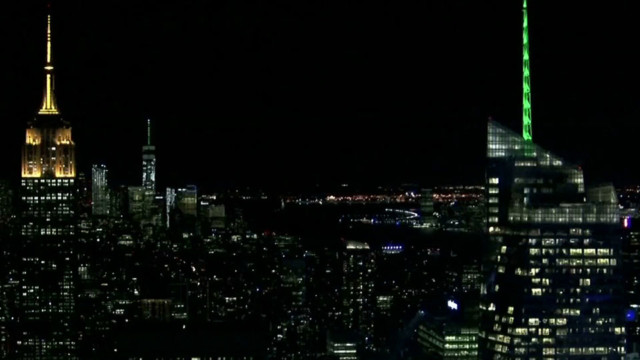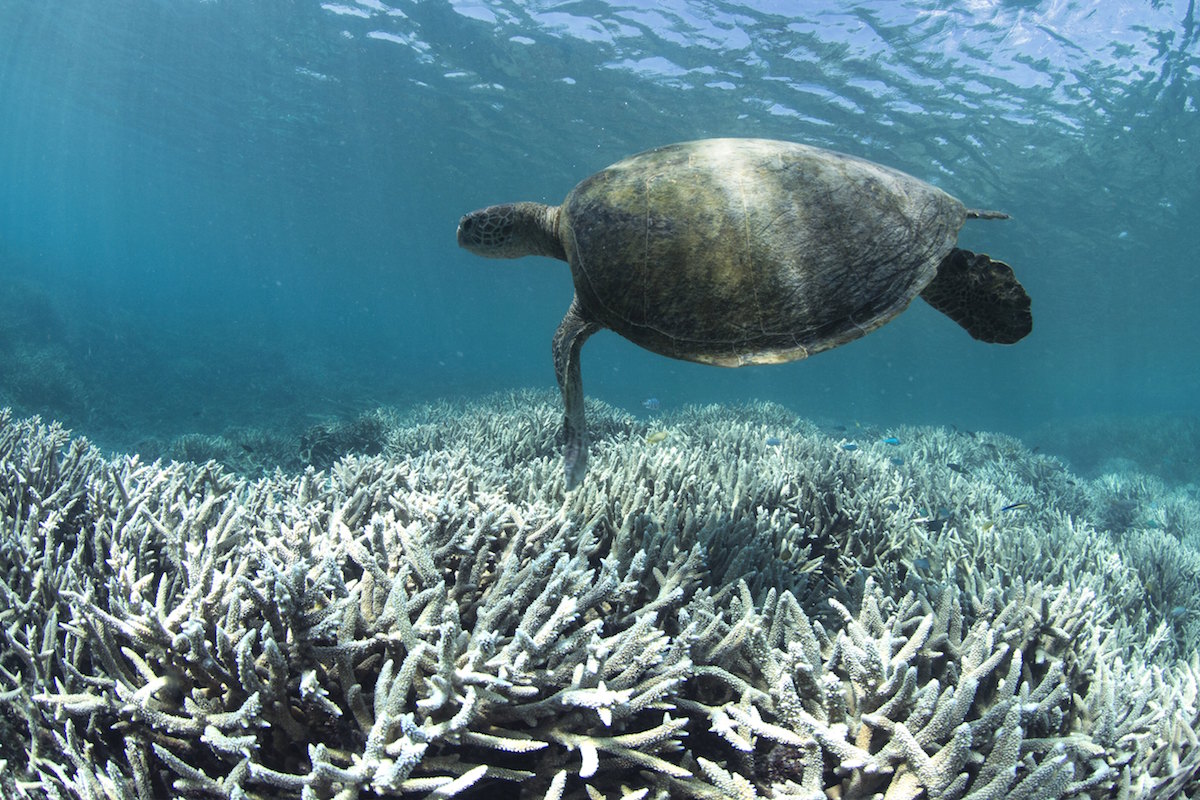The United Nations was shocked when President Trump vowed to pull the United States out of the Paris Climate Accord. But months later at the General Assembly there’s a feeling that all may not be lost. CGTN’s John Terrett reports.
The annual U.N. General assembly hosts leaders from almost two hundred countries and territories. All but three are in favor of the Paris Accord, with the largest dissenter being the United States.
In late spring when the U.S. announced its pullout from the historic deal, reaction at the U.N. came from the very top.
“The Secretary General has made it clear once more that he underscores the need for all countries to play their part,” a spokesperson for the secretary general told reporters.
Outside the U.N. building, passersbys had an air of incredulity that the agreement appeared to be on the verge of falling apart.
“I think if you’re the president of the United States you have to think not just domestically, but with our affairs with other countries,” one pedestrian said.
Climate change threatens multiple countries across the globe. One of those is the island nation of Fiji, an archipelago of 300 islands in the South Pacific, which fears for its future.
Climate change is nothing new to them.
“We have felt it. Fifty years ago we have been telling the world about the problems of the Pacific countries,” according to Semi Koroilavesau, the Fijian minister of fisheries. “There’s a lot of islands that are basically coral islands. They’re sinking. A lot of villages are disappearing from the surface of the earth, so we’re very aware of the issues of climate change.”
President Trump’s view is that the prior American administration was tricked by other nations into spending too much U.S. money, and giving up too much control in the Paris Accord.

U.S. Secretary of State John Kerry delivers an address on December 9, 2015, at the COP21 climate change conference at LeBourget Airport in Paris, France. (U.S. State Department/Public Domain)
The Marshall Islands, also a Pacific island nation, suggests work will go on to make the Paris accord work, with or without the U.S.
“Our children deserve a future we owe it to them and wider Pacific to keep Paris alive,” Amatlain Elizabeth Kabua, the country’s ambassador to the UN, said.
In the small Indian Ocean island nation of Seychelles, fishing and tourism dominate the economy. Climate change is now affecting both.
Ronald Jumeau, Seychelles’ ambassador to the U.N., said rising sea-levels and sea temperatures, plus drought and water security hit small island states hard. The U.S. pulling out of the Paris Accord, according to the ambassador, opens the door for others to step up.
“What the Trump administration withdrawal from the Paris Agreement has done, it’s opened the door wide for China and India, working with Europe and hopefully Canada, to take over climate change leadership,” Jumeau explained. “That is very important. Not just because of climate. There are economic reasons, trade reasons and commercial reasons.”
Months after the U.S. announced its departure, officials have said pulling out of the deal will take at least four years. There could be a new administration in Washington by then, or the U.S. might have a change of heart and seek to regain a place at the head of the climate change table.
 CGTN America
CGTN America


